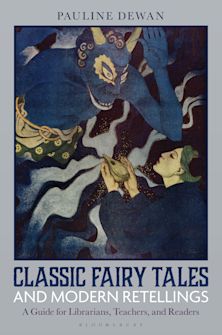Description
In Counterfeit Politics, David Kelman reassesses the political significance of conspiracy theory. Traditionally, political theory has sought to banish the “paranoid style” from the “proper” domain of politics. But if conspiracy theory lies outside the sphere of legitimate politics, why do these narratives continue to haunt political life? Counterfeit Politics accounts for the seemingly ineradicable nature of conspiracy theory by arguing that all political statements ultimately take the form of conspiracy theory.
Through careful readings of works by Ernest Hemingway, Ricardo Piglia, Thomas Pynchon, Don DeLillo, Jorge Luis Borges, Ishmael Reed, Jorge Volpi, Rigoberta Menchú, and Ángel Rama, Kelman demonstrates that conspiracy narratives bear witness to an illegitimate or “counterfeit” secret that cannot be fully recognized, understood, and controlled. Even though the secret is not authorized to speak, this “silence” is nevertheless precisely what gives the secret its force. Kelmangoes on to suggest that all political statements—even those that do not seem “paranoid”—are constitutively illegitimate or counterfeit, since they always narrate this unresolved play of legitimacy between an official or authorized plot and an unofficial or unauthorized plot (a “complot”). In short, Counterfeit Politics argues that politics only takes place as “conspiracy theory.”
Table of Contents
Acknowledgments
Introduction: Usurpations, or the End of Politics
1. Reading for the Complot
A Secret History of the Word “Plot”
The Complot Effect (Piglia)
The Unsaid (Hemingway)
Waiting for Something or Other (Reed)
2. Politics in the Age of the Imaginative Leap
The Imaginative Leap (Hofstadter and the HSCA Report)
Catachrestic Tales, or What is a Political Event? (DeLillo)
Kennedy Assassinations, or What (Un)makes a Political Event? (Volpi)
3. Why Hidden Figures Matter for Politics
Pynchon’s Parasite (The Crying of Lot 49)
Menchú’s Political Traps (I, Rigoberta Menchú)
4. The Discovery of Politics
The Tlönian Invasion, or Politics at Risk (Borges)
The Ruins of Politics (Pynchon’s Gravity’s Rainbow)
Epilogue: Counterfeit Politics (Piglia’s The Absent City)
Bibliography
Product details
| Published | 20 Oct 2012 |
|---|---|
| Format | Ebook (Epub & Mobi) |
| Edition | 1st |
| Extent | 222 |
| ISBN | 9781611484151 |
| Imprint | Bucknell University Press |
| Series | Bucknell Studies in Latin American Literature and Theory |
| Publisher | Bloomsbury Publishing |


































